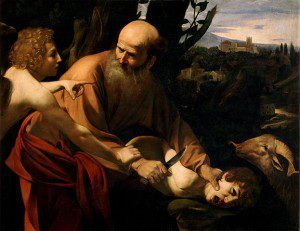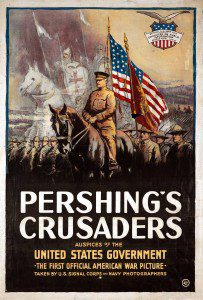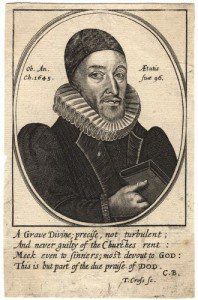Has anyone ever collected predictions of the future of religion, whether in a book or a website? The most famous are those that predict the vast growth or decline of some faith, projections that prove to be hilariously inaccurate – eg Thomas Jefferson’s view from 1822 that Unitarians would become the dominant religion in the new United States: I rejoice that in this blessed country of free inquiry and belief, which has surrendered its creed and conscience to neither kings... Read more

















